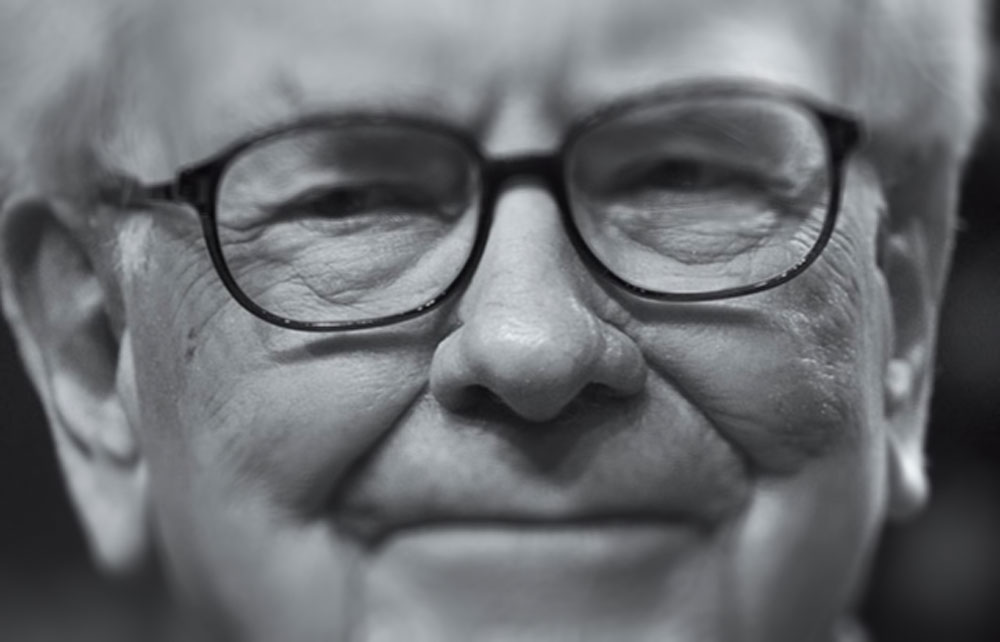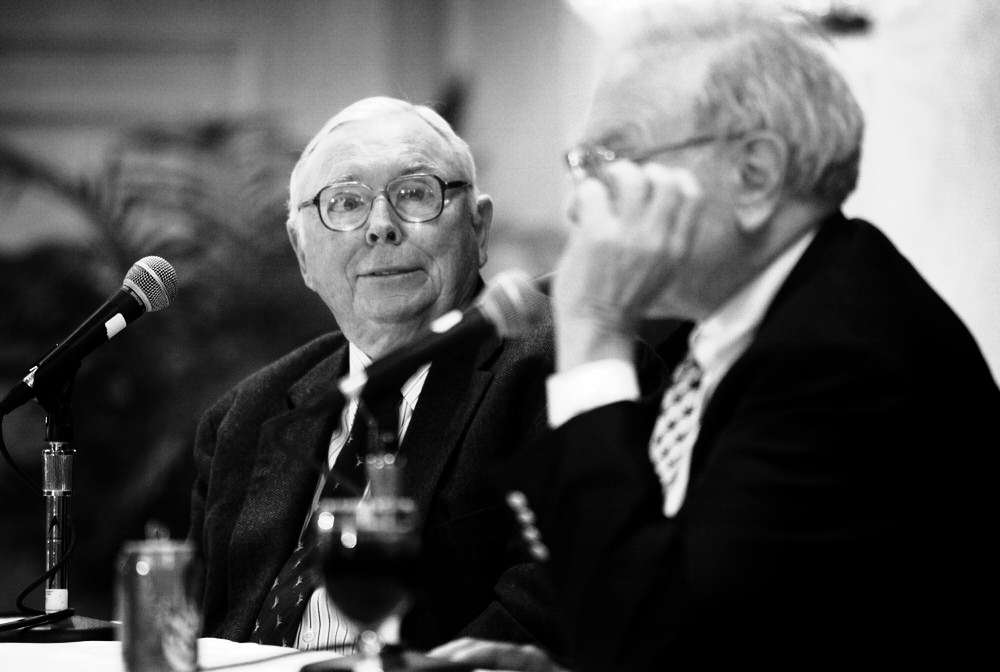by Howard Marks, Oaktree Capital
Sometimes these memos are inspired by a single event or just one thing I read. This one – like my first memo 24 years ago – grew out of the juxtaposition of two observations. I’ll introduce one here and the other on page seven. Contrary to my wife Nancy’s observation that my memos are “all the same,” the subject here is one I’ve rarely touched on.
The Role of Luck
The first inspiration for this memo came in early November, when I picked up a copy of the Four Seasons Magazine in my hotel room in Riyadh, Saudi Arabia. I happened to turn to an article entitled “In Defence of Luck” by Ed Smith. It’s been in my Oaktree bag ever since. In his two opening paragraphs, Smith presents a thesis for dismantling:
“Success is never accidental,” Twitter founder Jack Dorsey recently tweeted. No accidents, just planning; no luck, only strategy; no randomness, just perfect logic. It is a tempting executive summary for a seductive speech or article. If there are no accidents, then winners are seen in an even better light. Denying the existence of luck appeals to a fundamental human urge: to understand, and ultimately control, everything in our path. Hence the popularity of the statement “You make your own luck.”
That’s all it took to get my juices flowing. I – along with Smith – believe a great many things contribute to success. Some are our own doing, while many others are beyond our control. There’s no doubt that hard work, planning and persistence are essential for repeated success. These are among the contributors that Twitter’s Dorsey is talking about. But even the hardest workers and best decision makers among us will fail to succeed consistently without luck.
What are the components of luck? They range from accidents of birth and genetics, to chance meetings and fortuitous choices, and even to perhaps-random but certainly unforeseeable events that cause decisions to turn out right.
In discussing the existence and importance of luck, Smith cites the popular book Outliers by Malcolm Gladwell:
Attacking luck has never been more fashionable. No matter how flimsy the science behind the theory, popularized by author Malcolm Gladwell, that success must follow from 10,000 hours of dedicated practice, it has hardened into folklore.
Outliers is best known for Gladwell’s observation that it’s this magic number of hours of practice that makes the difference for those who are most successful. But that’s only part of Gladwell’s message, and people who think his book is all about hard work and practice miss the point. Having set out the “10,000- hours” thesis, Gladwell largely stops talking about it and turns to spend much more time on something he calls “demographic luck.” This is actually the antithesis of an insistence that hours of effort suffice.
Read/Download the complete letter below:













